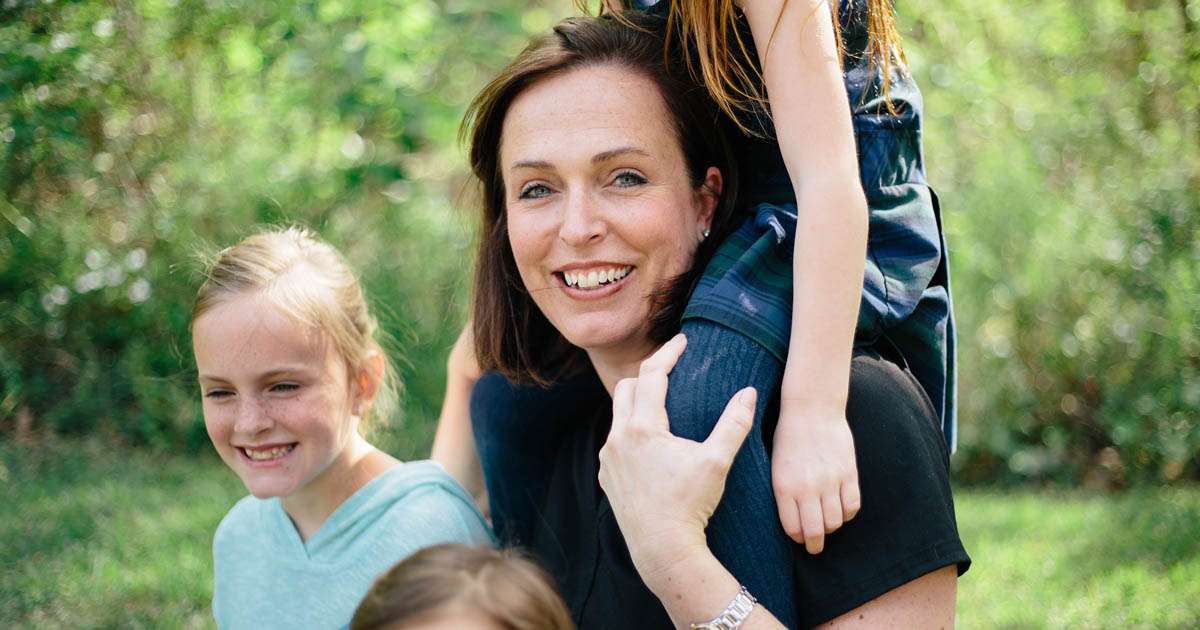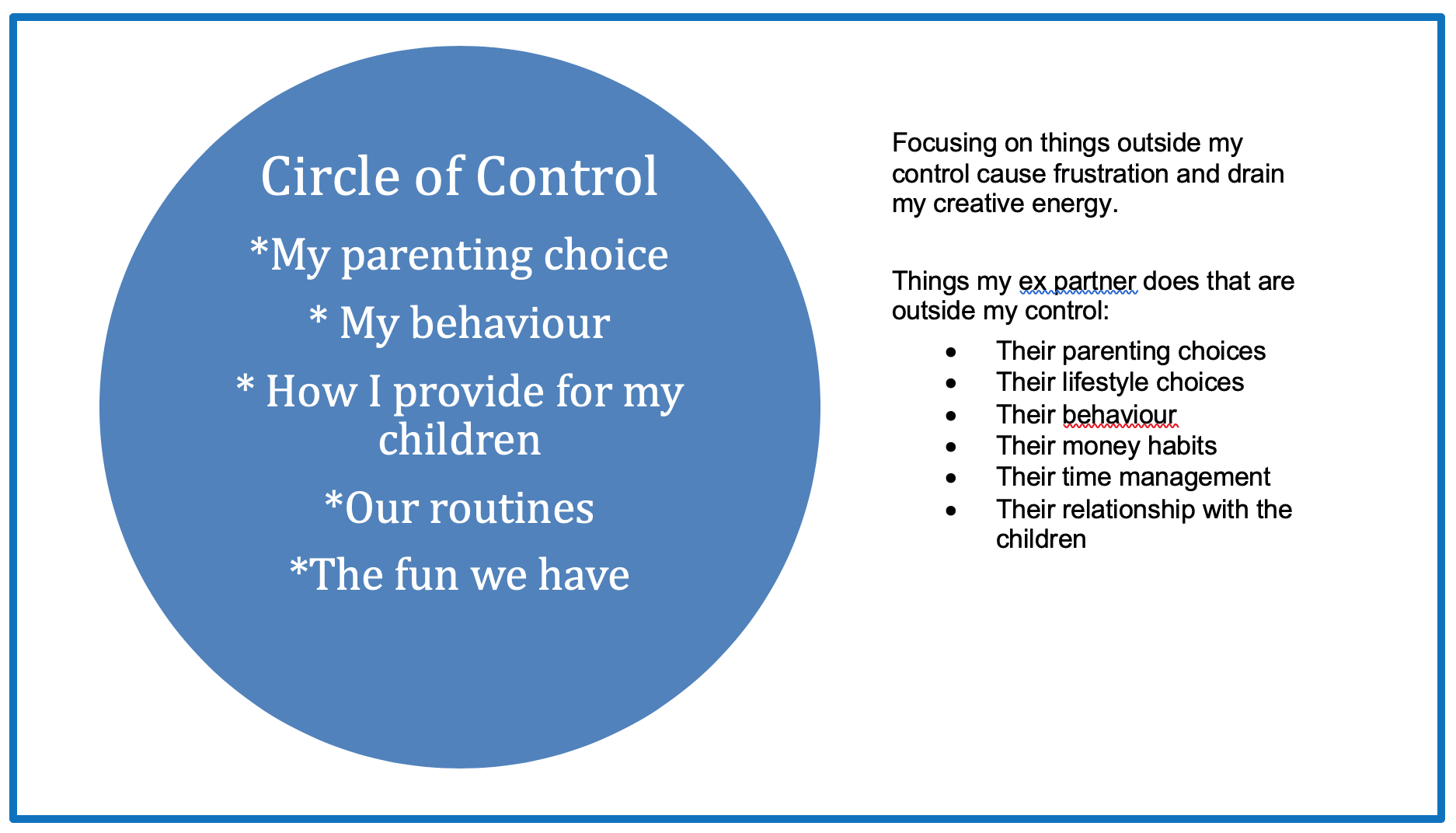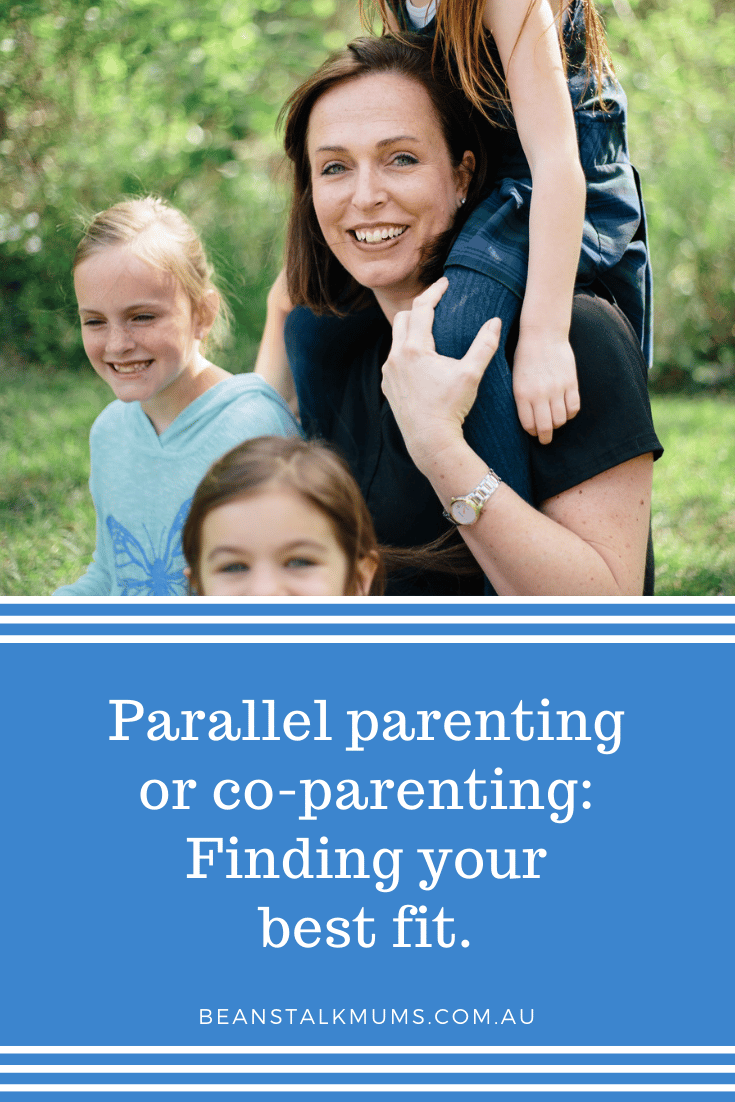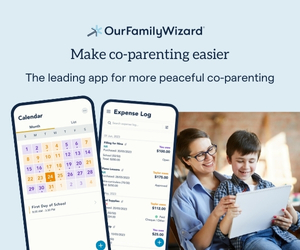
Most days I come across couples in the process of separation. One of the things I’ve noticed is, regardless of our circumstances in parenting most of us want the same thing – the best for our children.
However, when each of us come to the table with a variety of differing experiences and values, sometimes agreeing on what’s best is the crux of our issue. Some parents enjoy an organic and flexible style while others are structured and organised. Some parents choose to explain actions and consequences and others allow their children to experience the consequences naturally.
When parents come from opposite ends of the parenting spectrum it can be very hard to co- parent.
WHEN DOES CO-PARENTING WORK?
Co-parenting is ideal in separated families and will take energy to work out with the other parent. Co-parenting is a commitment from both parents although they are no longer partners. It requires:
- Commitment to making co-parenting an ongoing and open conversation with the other parent
- Consistent rules agreed upon at both households
- Commitment to talking positively around the house about the other household
- Agreements on boundaries and behavioural guidelines for raising your children so that there’s consistency in their lives
The journey through separation is not easy and not all couples are able to achieve the cooperative relationship required to co-parent.
When there are high levels of conflict or an inability to communicate in a respectful manner, some parents need to disengage from each other and limit direct contact. This can be an important step for their own wellbeing and for the wellbeing of their children. In this situation, the idea of parallel parenting can be helpful.
WHAT IS PARALLEL PARENTING?
Parallel Parenting requires that parents disengage from each other and focus on their individual relationship with their children, making the choice to embrace their own parenting style and enjoy the time they have with their children.
Five initial steps to parallel parenting:
- Focus on being the parent you want to be
- Model your own values to your children
- Disengage emotionally from the other parent
- Focus on what is in your control
- Redirecting your attention from the other parents’ behaviour, choices, parenting style to create energy for your own wellbeing and relationships.
THE CHALLENGES OF PARALLEL PARENTING
Sometimes this can be exceptionally hard. Here are some examples:
- When you are introducing the taste and texture of foods to increase the variety your children enjoy, and your ex takes them to Maccas every visit.
- When you still have your children using training wheels on their bike and they have built a makeshift skate park in their back yard.
- When you have adopted an emotional intelligence and relationally connected parenting approach and your ex has a bootcamp style of household organisation.
THE CIRCLE OF CONTROL
One visual image of this transition to parallel parenting is the Circle of Control illustration. In this exercise we turn our focus to what is important and what we have control over in our lives and our parenting. Focusing on our circle gives us the confidence and creative energy we need to become the parent we want to be.

For many families over time, strategies for emotionally disconnecting from the other parent and developing a business-like relationship can be achieved where more communication and effective planning is a focus. However not all separated families will be able to achieve this transition as every situation is unique.
In the meantime, parallel parenting allows the children to develop meaningful relationships with both parents. Children need to know they are free to have a relationship with both parents regardless of differences or hostility between parents.
WILL OUR CHILDREN GET MIXED MESSAGES?
Some of the parents we work with are concerned about the different messages their child will receive. Different rules, expectations and boundaries between houses, how will they cope?
It’s really important to remember that children are resilient in adapting to different situations and rules. Take for example school vs home. The rules and happenings at school are very different from in your home, children adjust from one environment to the other. Even at school, behaviour and rules required in the library are different to those expected on the playground or that of the typical classroom.
Children quickly learn the rules of each situation and act accordingly. Children will also adapt to different relationships styles and parenting styles in two homes.
Parallel parenting can be an important step in securing your satisfaction with the relationship between you and your child. So how do you achieve this?
HOW TO MAKE PARALLEL PARENTING WORK
- Get a parenting plan in place to help create the structure for this model of parenting
- Find a communication method that works for you, an app, a communication book or other communication method that is acceptable to both parents. (Ensure that children are never responsible for messages between their parents)
- Find time to look after yourself; self care promotes healthy parenting
- Focus on what’s important – your relationship with your children
It’s important to remember that you don’t have to do this alone. There are counsellors trained to help you build this skill. This is a really tricky time in your life. If you are struggling to co-parent, and you are finding it difficult to come to agreements, ask for assistance. A lot of times there is no single right answer, only the answer that is right for you.















